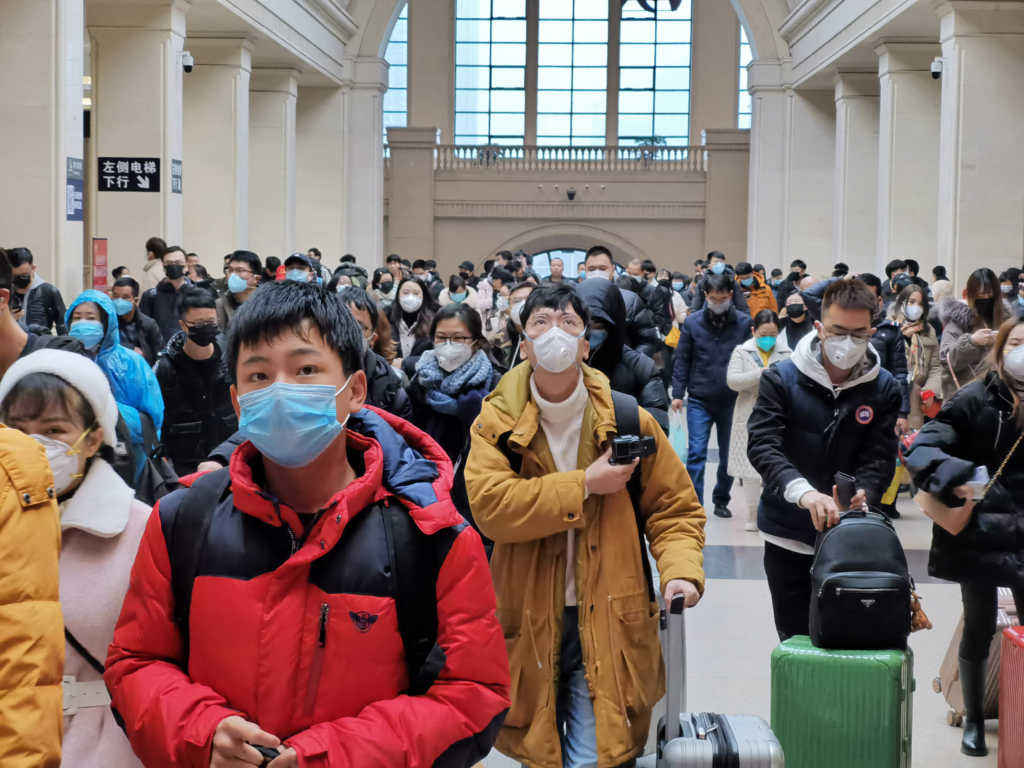By: Emily Jones
Israeli scientists say they are just weeks away from releasing the world’s first vaccine against the deadly Coronavirus.
In the above video, Itai Bloch, Head of Computational Chemistry and Rational Antigen Prediction Team at MIGAL Research Institute, explains how they believe they could be very close to creating a vaccine to fight the coronavirus.
The Galilee Research Institute (MIGAL) spent four years creating a vaccine against the highly contagious coronavirus that infects birds called Infectious Bronchitis Virus (IBV). Now, they’re adapting the vaccine for the human coronavirus, also known as COVID-19.
“Congratulations to MIGAL on this exciting breakthrough. I am confident that there will be further rapid progress, enabling us to provide a needed response to the grave global COVID-19 threat,” said Israeli Minister of Science and Technology Ofir Akunis.
Akunis will fast-track the approval processes for the human coronavirus vaccine so it can hit the market as soon as possible in the form of an oral pill.
“Given the urgent global need for a human coronavirus vaccine, we are doing everything we can to accelerate development. Our goal is to produce the vaccine during the next 8-10 weeks, and to achieve safety approval in 90 days. This will be an oral vaccine, making it particularly accessible to the general public. We are currently in intensive discussions with potential partners that can help accelerate the in-human trials phase and expedite the completion final product development and regulatory activities, “ said MIGAL CEO David Zigdon.
The poultry coronavirus is nearly identical to the human coronavirus. Israel’s vaccine for the poultry coronavirus has been proven effective against the disease in pre-clinical trials carried out by the Volcani Institute.
“The scientific framework for the vaccine is based on a new protein expression vector, which forms and secretes a chimeric soluble protein that delivers the viral antigen into mucosal tissues by self-activated endocytosis (a cellular process in which substances are brought into a cell by surrounding the material with cell membrane, forming a vesicle containing the ingested material), causing the body to form antibodies against the virus. In pre-clinical (IN-VIVO) trials, MIGAL’s researchers have demonstrated that the oral vaccination induces high levels of specific anti-IBV antibodies,” explained Dr. Chen Katz, MIGAL’s Biotechnology Group Leader.
Scientists have been scrambling to find a Coronavirus vaccine since the outbreak began infecting 83,000 people and killing more than 2,800 people.
MIGAL is working on safety approves to move ahead with preclinical testing.



